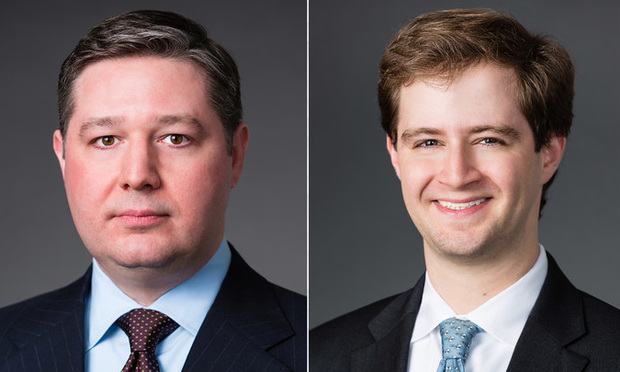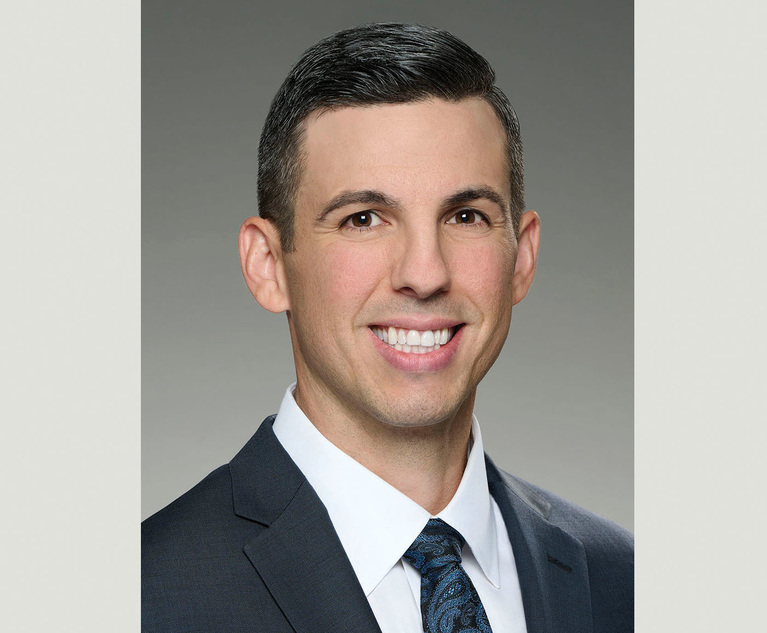The Delaware Court of Chancery’s decision in Wenske v. Blue Bell Creameries, C.A. No. 2017-0699-JRS (July 6, 2018) (Slights, V.C.), highlights an interesting practical challenge faced by parties seeking to impose oversight obligations on a manager charged with operating a business in accordance with sound industry business practices. While a competent manager with relevant industry experience presumably would know such practices when he sees them, giving concrete form to a contractual standard of care that calls for adherence to such practices is a more complex task—one that inevitably requires consideration of sources beyond the contract’s four corners. Parties that choose to define their obligations by reference to such industry standards might therefore consider specifying in their contracts the particular sources that will define the relevant standards, or designating industry-qualified experts to make such determinations when needed.
Blue Bell addressed a motion to dismiss a derivative action brought by the limited partners in Blue Bell Creameries L.P., an ice cream manufacturer structured as a Delaware limited partnership, against the company’s general partner (BBGP), the general partner’s parent (BBUSA), and several individuals. Blue Bell’s limited partnership agreement (LPA) vested BBGP with exclusive authority to manage the business, and provided that BBGP “shall use its best efforts to conduct [Blue Bell’s] business in a good and businesslike manner, and in accordance with sound business practices in the industry.”


 L-R Gabriel Herrmann and Lee Crain, Gibson Dunn & Crutcher.
L-R Gabriel Herrmann and Lee Crain, Gibson Dunn & Crutcher.




